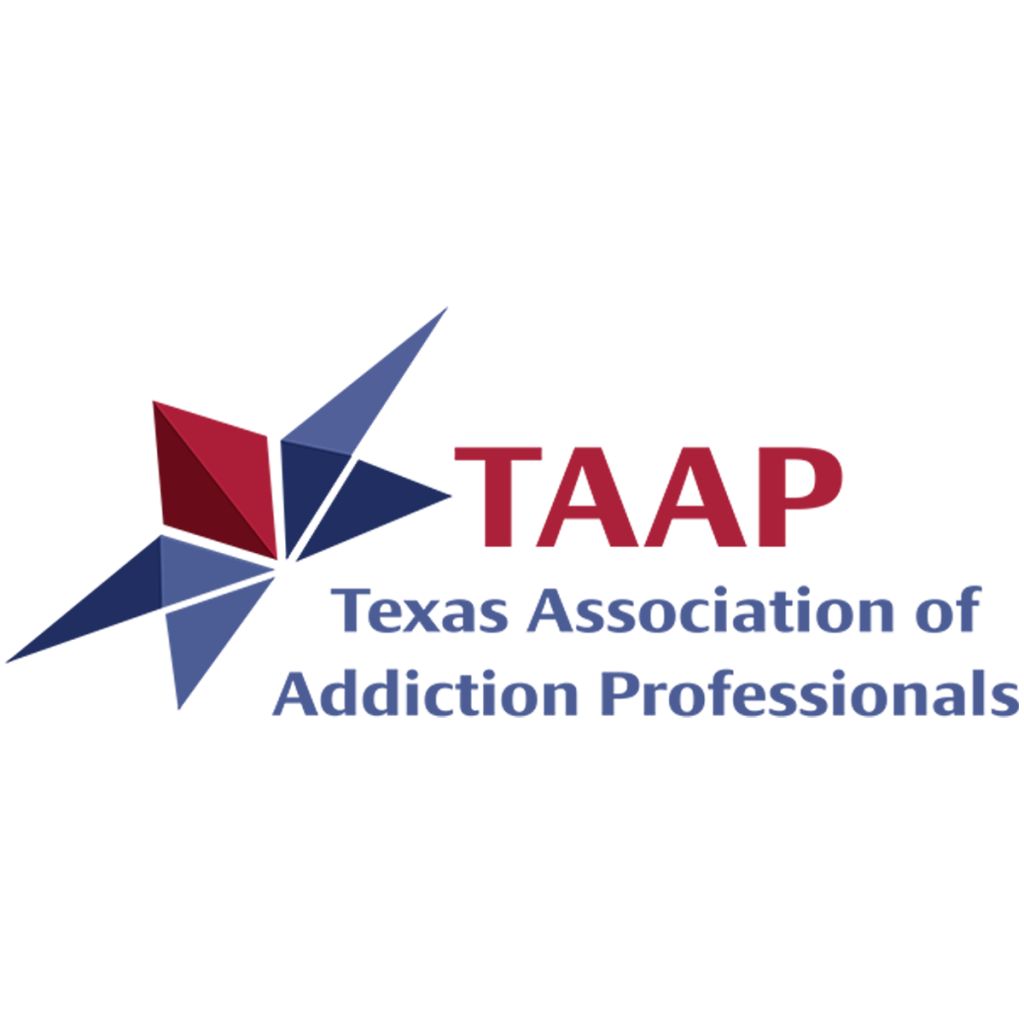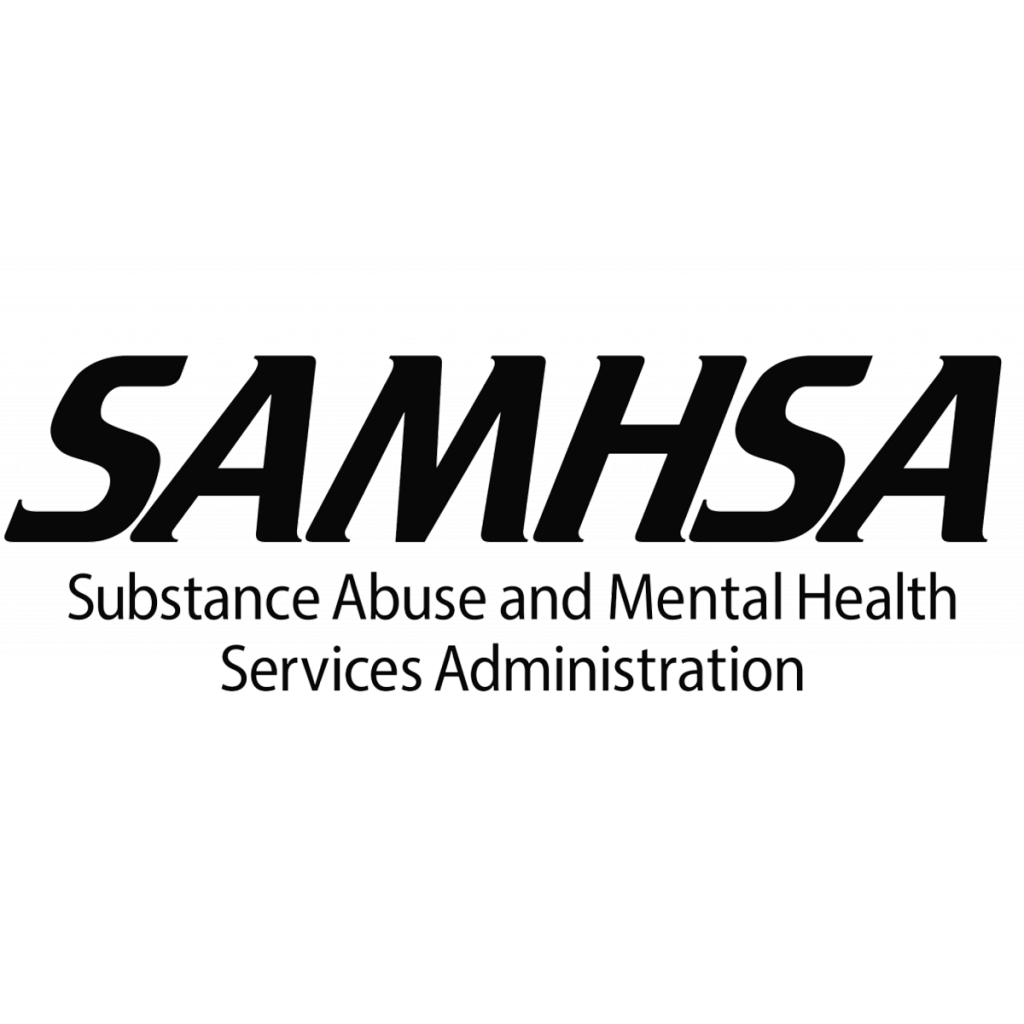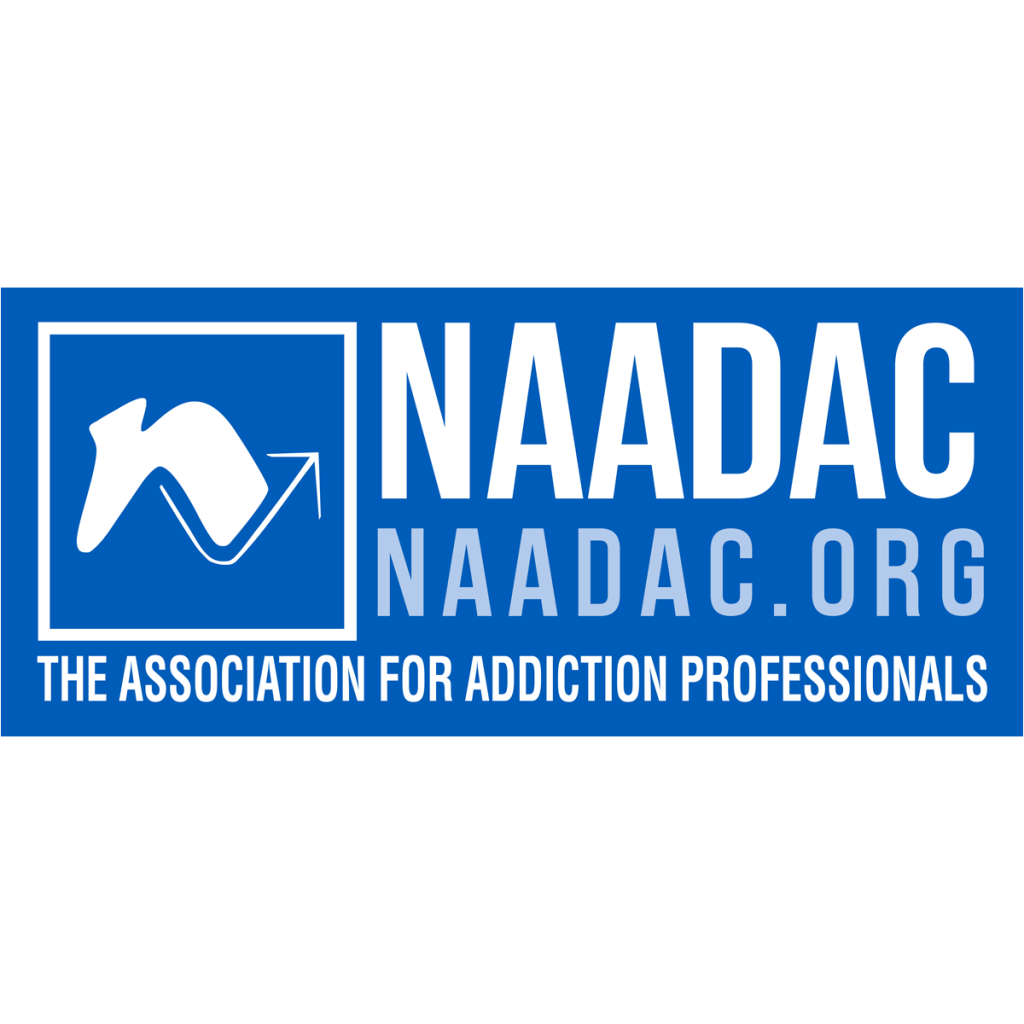Texas Addiction Treatment Centers
(512) 605-2955
Trending Topics in Addiction

Nova Recovery Center is a trusted drug and alcohol rehab facility offering personalized treatment programs across the United States. With a focus on long-term recovery, our evidence-based services include medical detox, inpatient rehab, outpatient programs, and sober living. Whether you’re seeking help for yourself or a loved one, Nova Recovery Center provides compassionate care and lasting support every step of the way.




